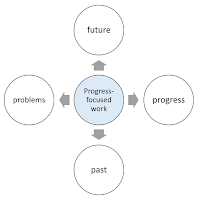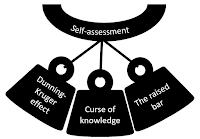Using counter-stereotypes to boost flexible thinking

Stereotyping can have all kinds of harmful consequences. This article shows that people who are subject to stereotyping can be hindered in their performance by it. Also, the article shows that stereotyping can stand in the way of an fair and accurate assessment of stereotyped individuals. In this article you can read that stereotypes can affect people at a very young age, often even without them being aware this influence. This article shows evidence that not only negative stereotypes may impede performance but also positive stereotypes.





